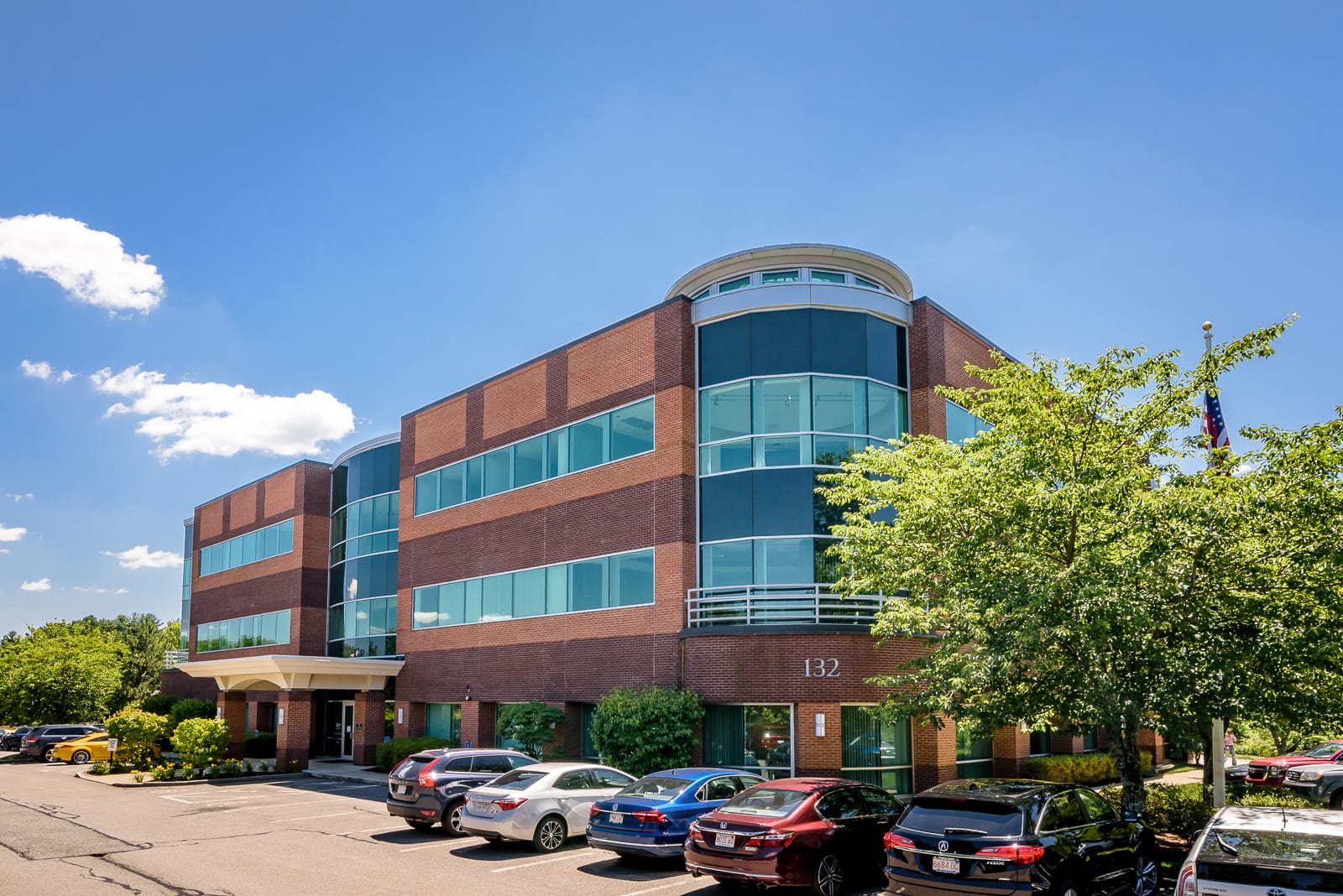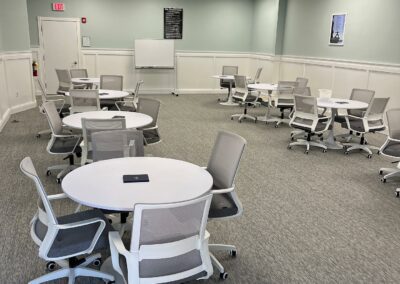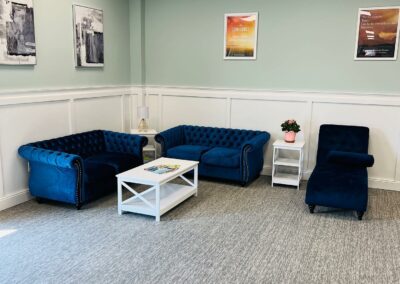THERAPY PROGRAMS IN MASSACHUSETTS
NORTHSTAR RECOVERY CENTERDay Treatment Program in Southborough, MA, and Springfield, MA
Massachusetts, like the rest of the United States, has an addiction crisis. For example, the Commonwealth of Massachusetts typically has a spot on the top ten list for opioid overdose deaths, while about a third of rehab admissions in Massachusetts are for alcohol addiction. There is certainly a need for behavioral health services in Massachusetts.
What do we mean by behavioral health? Behavioral health encompasses the “big picture,” meaning that the physical and mental behaviors—and psychological factors—that affect our health are evaluated as a whole and worked through by individuals in partnership with professionals.
Therapy programs in Massachusetts, with a behavioral health perspective, will include treatments for mental health disorders and substance abuse addiction. As behaviors that affect overall mental and physical health, and are often affected by mental and physical health, drug and alcohol abuse are treated within a behavioral health spectrum.
For more information about how behavioral health treatments can help you or someone you love, contact Northstar Recovery Center in Southborough, MA. We are here to help.
Do you have questions about addiction treatment programs in Massachusetts? Are you concerned about drug or alcohol use, yours or that of a loved one? Call us by dialing (888)311-0911 or completing our online form.
WHO WE ARE
Northstar Recovery Center in Southborough, MA is made up of a team of experienced, dedicated, and compassionate addiction treatment professionals. We want to see our community heal from the effects of the opioid epidemic, alcohol addiction, and other substance use disorders.

Day Treatment Program in MA
The Day Treatment in Massachusetts, also referred to as PHP (Partial Hospitalization Program) or IOP (Intensive Outpatient Program), is the highest level of care offered at Northstar Recovery Center. This addiction treatment option encompasses comprehensive clinical care and behavioral therapies. In the initial stages of recovery from addiction, it's crucial to have robust support to navigate both physical and emotional challenges. Our dedicated team at Northstar Recovery Center, located in Southborough, MA, and West Springfield, MA, is committed to assisting you in establishing a solid foundation for a lifelong recovery from addiction to drugs and alcohol. Clients typically visit our addiction treatment center in Massachusetts each weekday for several hours, engaging in counseling sessions and other necessary interventions. This approach ensures a balanced and effective recovery process, tailored to individual needs within the framework of Day Treatment.
Individual, Group, and Family Counseling in Massachusetts
Addiction thrives in isolation, which is why group counseling sessions are a foundational part of our addiction treatment plans. In group sessions, you’ll gain perspective on your struggles with substance abuse and can connect with others who understand your experiences. Family counseling can help your loved ones understand the disease of addiction, navigate conflict and build healthier relationships. In individual counseling sessions, you’ll be able to work through personal issues like past trauma with the help of an experienced therapist.





